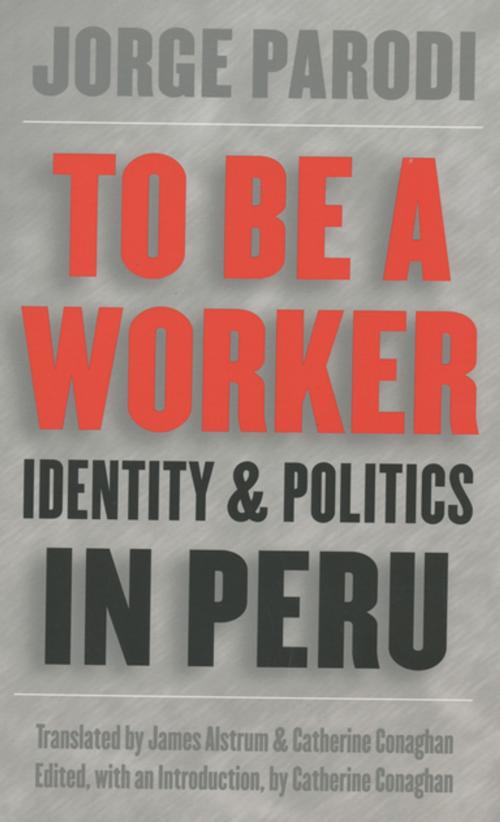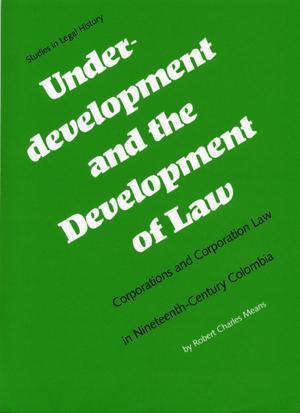To Be a Worker
Identity and Politics in Peru
Nonfiction, Social & Cultural Studies, Political Science, Politics, Labour & Industrial Relations, History, Americas, Latin America| Author: | Jorge Parodi | ISBN: | 9780807860908 |
| Publisher: | The University of North Carolina Press | Publication: | June 19, 2003 |
| Imprint: | The University of North Carolina Press | Language: | English |
| Author: | Jorge Parodi |
| ISBN: | 9780807860908 |
| Publisher: | The University of North Carolina Press |
| Publication: | June 19, 2003 |
| Imprint: | The University of North Carolina Press |
| Language: | English |
A contemporary classic in Peru, where it was first published in 1986, this book explores changes in the political identity and economic strategies of the Peruvian working class in the 1970s and 1980s. Jorge Parodi uses a case study of Metal Empresa, a large factory in Lima, to trace the surge and decline of the labor movement in Peru--and in Latin America more generally--through the successes and frustrations of the members of a once-powerful union as they coped with the nation's deteriorating economic situation.
By the early 1970s, Metal Empresa was the site of one of the most radical and aggressive unions in Peruvian industry. But as the decade drew to a close, political and economic crises soured the environment for trade unionism and rendered unions less able to produce palpable benefits for their members. Through in-depth, often poignant interviews, including an extensive oral history of one of the workers, Jesus Zuniga, Parodi shows how workers desperate to support themselves and their families were increasingly forced to seek opportunities outside the industrial sector. In the process, he shows, they began to question their very identities as workers.
A contemporary classic in Peru, where it was first published in 1986, this book explores changes in the political identity and economic strategies of the Peruvian working class in the 1970s and 1980s. Jorge Parodi uses a case study of Metal Empresa, a large factory in Lima, to trace the surge and decline of the labor movement in Peru--and in Latin America more generally--through the successes and frustrations of the members of a once-powerful union as they coped with the nation's deteriorating economic situation.
By the early 1970s, Metal Empresa was the site of one of the most radical and aggressive unions in Peruvian industry. But as the decade drew to a close, political and economic crises soured the environment for trade unionism and rendered unions less able to produce palpable benefits for their members. Through in-depth, often poignant interviews, including an extensive oral history of one of the workers, Jesus Zuniga, Parodi shows how workers desperate to support themselves and their families were increasingly forced to seek opportunities outside the industrial sector. In the process, he shows, they began to question their very identities as workers.















